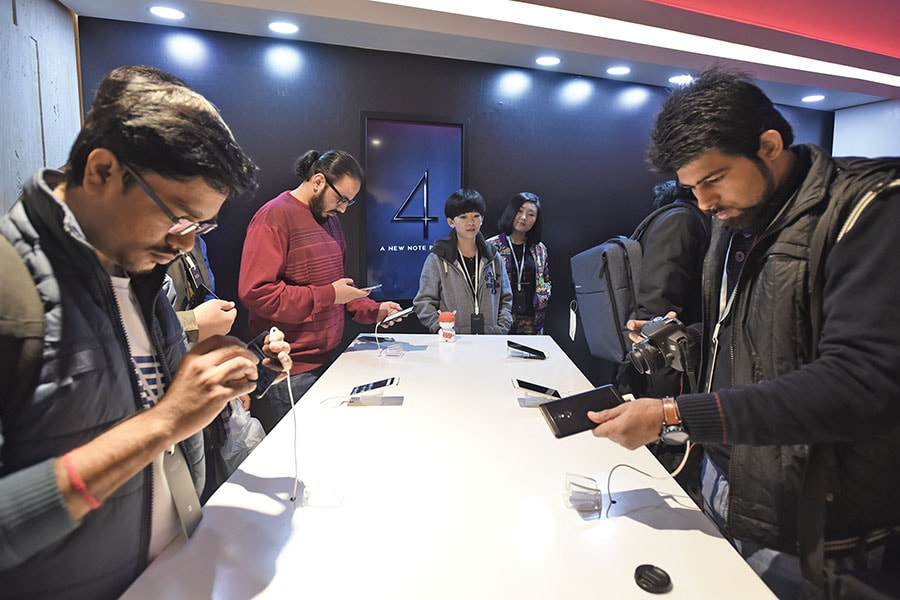
Enter the Dragon: These Chinese cellphone brands are giving local rivals a run for their money
Chinese brands are able to leverage the strong support of the Shenzhen manufacturing ecosystem
 Image: Sonu Mehta
Image: Sonu MehtaOn may 15, market research firm Canalys tweeted about how a relatively unknown Chinese company dominated the African smartphone market in the first quarter of 2018. Transsion Holdings, which owns the Tecno, iTel and Infinix brands, cornered a 38 percent market share in the region, compared to South Korean giant Samsung’s 23 percent.
Transsion is now also starting to make its presence felt in India, the world’s fastest growing smartphone market. Launched in 2016 in the country, it has made its entry into the top five phone brands here, with more than threefold annual growth in shipments in the first three months of 2018, according to IDC data. Transsion had a 4.6 percent market share in the period, according to IDC.
While Tecno—which made its debut last April—emerged as a leading smartphone brand and is close to entering the top ten, iTel became the third largest feature phone player with 17 percent growth year-on-year.
Owned by reclusive Chinese entrepreneur Zhu Zhaojiang, Transsion started operations in 2006. Apart from three phone brands, the company owns Carlcare (after-sales services), Oraimo (mobile accessories) and Syinix (home appliances).
The Indian market is dominated by a host of Chinese smartphones such as Xiaomi, Vivo and Oppo. Chinese brands accounted for 57 percent of the smartphone market in the first quarter this year, their highest ever share in the country, according to market researcher Counterpoint Research.
Chinese brands, says Shobhit Srivastava, research analyst at Counterpoint Research, were able to leverage the strong support of the Shenzhen manufacturing ecosystem to compete in a market with affordable phones. “They were quick to invest in the market when local manufacturing boomed.” Growth of online mobile phone sales also gave them easy entry to the market without significant marketing spends, he says.
(This story appears in the 30 November, -0001 issue of Forbes India. To visit our Archives, click here.)
X





